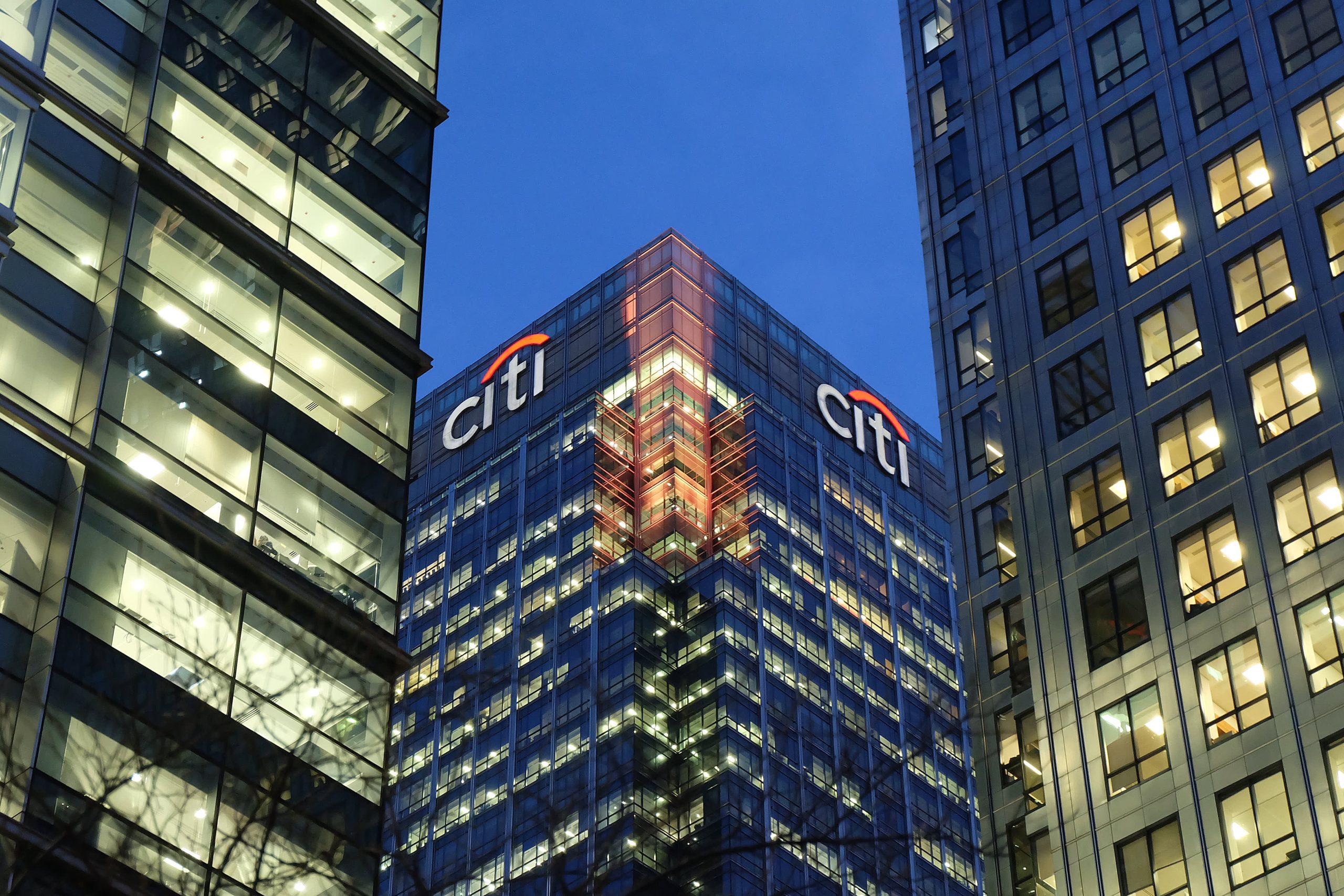Citi’s Progress to US$1tn in Sustainable Finance by 2030
Citi’s 2024 Sustainability Report shows the company is more than halfway to its 2030 sustainable finance goal and supporting social impact initiatives. The World Economic Forum says that hundreds of trillions of dollars will be needed to achieve net zero by 2050.
Citi’s 2024 Sustainability Report shows that the business is working to invest significantly in sustainable finance and reducing its environmental impact.
Citi estimates that it has financed and facilitated US$555.8bn towards its 2030 US$1tn Sustainable Finance Goal since 2020, more than halfway to its target.
“The world isn’t standing still — and neither are our clients,” says Jane Fraser, CEO at Citi, in the report.
“They’re navigating shifts in technology, regulation, supply chains and capital flows. They’re adapting to new risks and expectations. And increasingly, they’re turning to Citi for help — not only to grow and compete, but to transform, modernise and lead.
“At Citi, we view these challenges as opportunities to deepen our relevance, expand our impact and deliver long-term value.”
Citi’s report says it lent an estimated US$7bn and invested approximately US$222m in equity to finance affordable housing in the US in 2024.
It also estimates it has financed and facilitated US$555.8bn since 2020 towards its US$1tn Sustainable Finance Goal by 2030.
The activities and projects it financed helped to avoid an estimated 8.4 million tonnes of greenhouse gases.
This is alongside supporting around 3.8 million jobs and impacting more than 65 million people through its sustainable finance activities since 2020.
“We are positioning our business to help clients access the significant opportunities created by the energy transition, building on our sustainability track record of more than 20 years,” Citi’s report says.
“That includes working with our clients as they seek to decarbonise their businesses and build clean energy solutions, while also continuing to support clients who make sure there is an abundant and affordable energy supply to meet the world’s needs, including from traditional sources of energy.”
In 2024, Citi says that it completed setting 2030 interim emissions reductions targets for 10 sectors within its portfolio as part of its commitment to net zero.
It surpassed its 2025 Operational Footprint Goals for greenhouse gas emissions and sustainable buildings.
Citi says it is on track to meet its water, waste and energy goals.
Citi’s global headquarters, located in New York City, US, achieved WELL Platinum certification and is the world’s largest building to do so.
Citi has allocated more than US$175m in 51 startup companies developing solutions to community challenges through the Citi Impact Fund.
Startups supported by these investments include WorkWhile, an AI-powered technology platform matching frontline workers with shifts, and Renew Home, a home energy management business that aims to empower millions of households to save and support a cleaner grid by shifting energy use with smart devices.
It has also provided around US$66.8m in grants to community innovators through the Citi Foundation.
More than 133,000 hours have been volunteered across 82 countries and territories for the company’s annual Global Community Day.
Citi also says it has achieved global gender and US racial pay gaps of less than 1% in each case on an adjusted basis.





